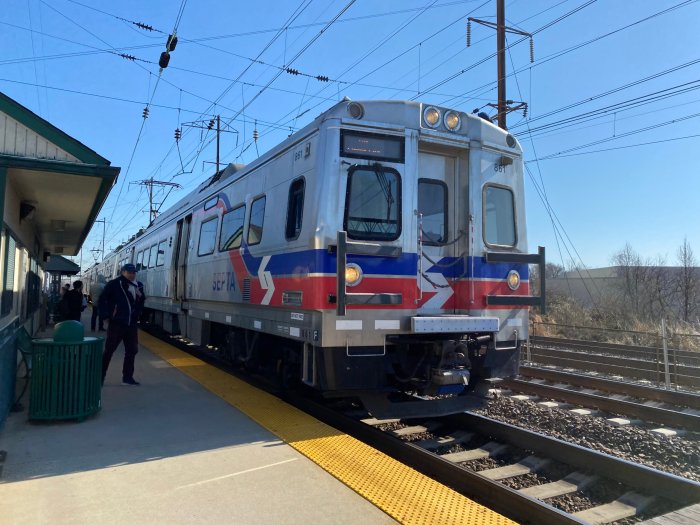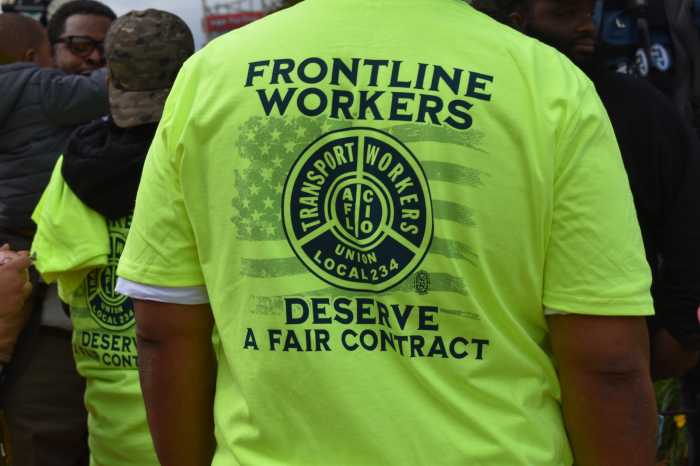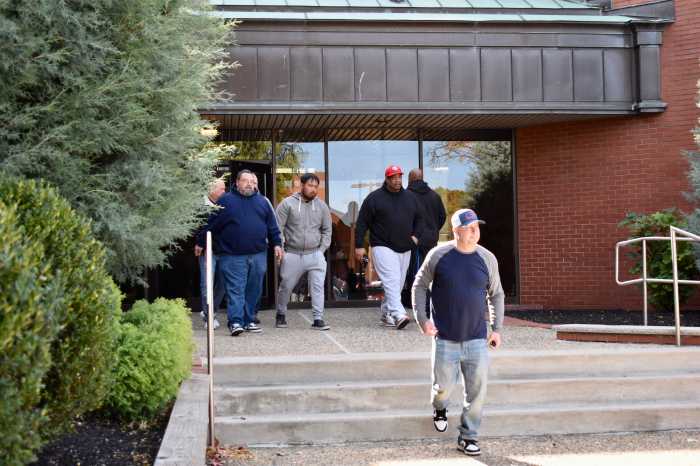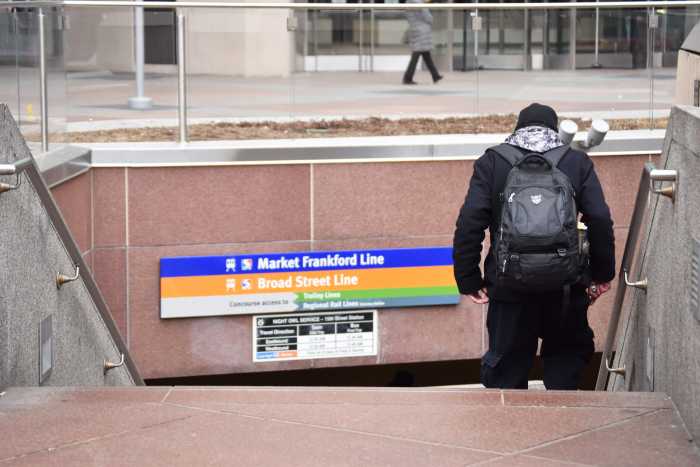SEPTA and its largest labor union, Transport Workers Local 234, reached an agreement Wednesday on a tentative contract, averting the threat of a strike that would have halted transit service in Philadelphia.
The one-year deal, which still needs approval from Local 234 members and the authority’s board, includes a salary increase while maintaining current health benefits, union officials said.
News of the agreement came a day after Local 234 President Brian Pollitt met at a diner with the leaders from unions representing SEPTA operators based in the suburbs and blue-collar city employees, including sanitation workers, to discuss a potential coordinated strike.
“We were in talks about a day,” Pollitt said Wednesday. “A day to pull the plug.”
More than 4,300 drivers, mechanics, trade specialists and custodians covered under Local 234’s City Transit Division contract are slated to receive a 5% pay raise next month. It would be on top of an increase of about 7% they received earlier this year under the prior agreement, which expired Nov. 8.
SEPTA Chief Operating Officer Scott Sauer said the authority’s fiscal crisis made negotiations “particularly challenging” and forced the transit system into a short, 12-month deal. Both sides could be in the same position, with a looming work stoppage, next fall.
“This is not a healthy way for us to do business,” Sauer said. “We have to be able to come to long-term agreements with our unions.”
Local 234 officials credited Gov. Josh Shapiro for personally intervening to help get the deal done, and Pollitt thanked the governor “for his leadership and his involvement in the process.”

Transit advocates have called on Shapiro to utilize flexible federal infrastructure funding to bolster SEPTA, though Sauer said the authority did not receive assurances of additional money from the governor before agreeing to the tentative contract.
Shapiro addressed SEPTA’s fiscal cliff and so-called “death spiral” Tuesday during an unrelated event in South Philadelphia.
“I will not let SEPTA fail,” he told reporters. “We’re working hard to consider what steps we can take to shore up SEPTA, and I’ll have some more to say on that over the coming weeks.”
Exhausted federal COVID-19 aid and ridership that has yet to fully rebound to pre-pandemic levels has strained the budgets of mass transit systems across the nation, and SEPTA’s deficit is projected to hit $153 million for the current fiscal year, which ends June 30. Absent any changes, it would grow to $250 million next year, officials have said.

In response, SEPTA has introduced a proposal that, combined with an earlier plan, would result in a nearly 30% fare hike beginning Jan. 1.
Authority leaders are also finalizing a 20% service cut. Details are expected to be announced in early 2025, with the reductions being implemented in the summer, according to Sauer, who will take over as interim general manager next week for the departing Leslie Richards.
Sauer said Wednesday that SEPTA is expanding a hiring freeze to management positions that are not critical to safety or operations and limiting contracting and consulting services. Additional internal cost-cutting measures will go into effect next month, authority officials said.
SEPTA’s board is expected to consider a vote on Local 234’s contract during a meeting Thursday, and union members will decide whether to ratify the agreement Dec. 6.




























